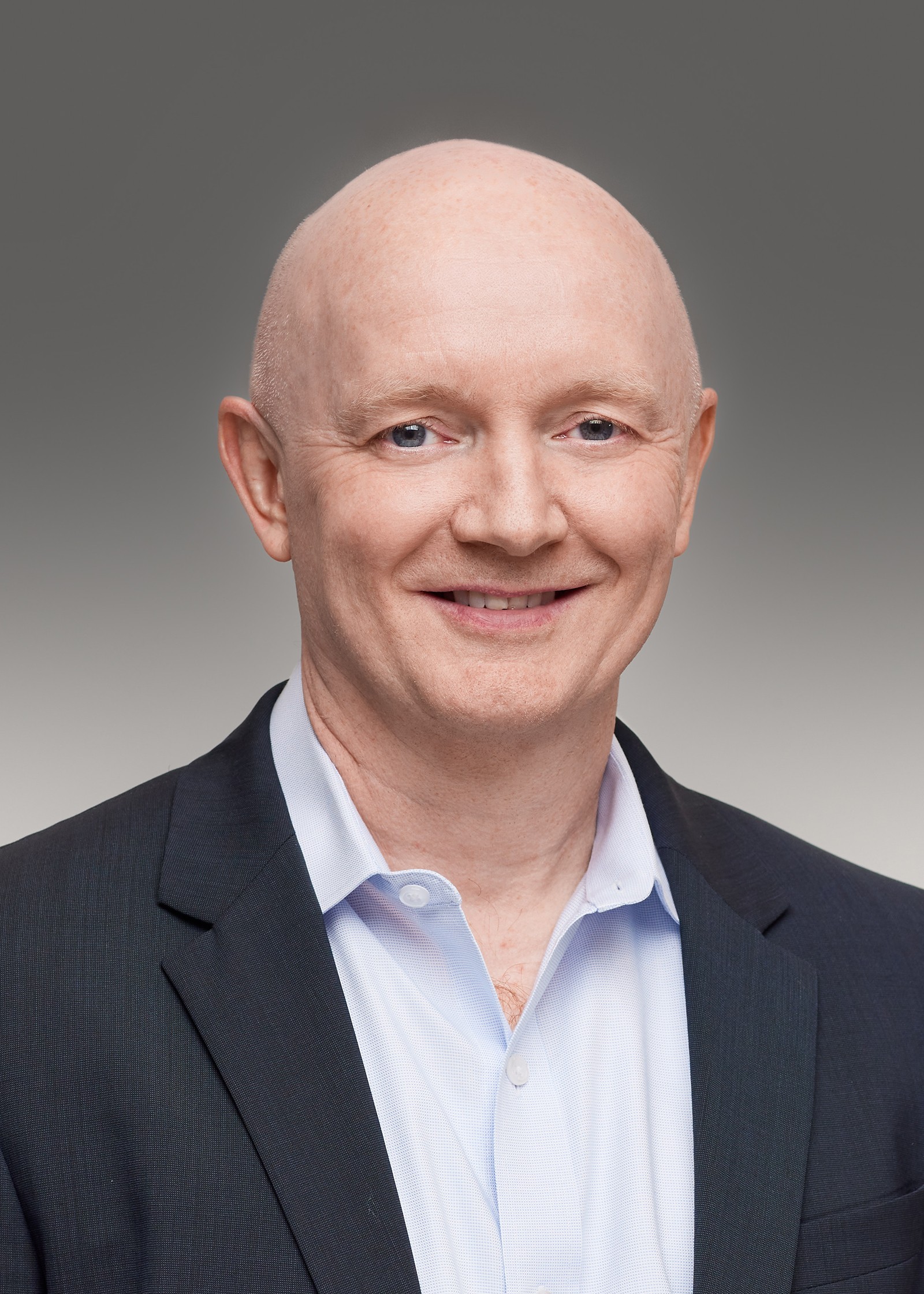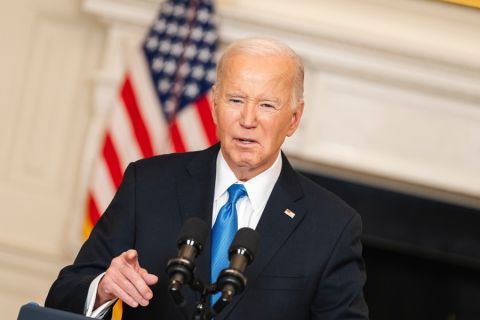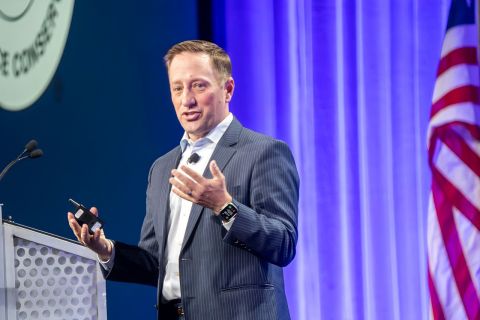ConocoPhillips’ 50% stake in the Surmont project in Alberta’s oil sands is a core asset in the company’s portfolio — and its first right of refusal on partner TotalEnergies’ interest could scuttle Suncor’s recently announced $4 billion deal.
Conoco has operated the Surmont oil sands project in Canada since its launch in 1997. By the end of this year, the firm intends to bring online its first Surmont pad since 2016.

“We do like Surmont as the nice sort of long life, low capital intensity asset for us,” Andy O’Brien, senior vice president of global operations, said during a May 4 earnings call with investors.
Conoco’s continued development of Canada’s oil sands is a stark contrast to many of its global peers, including BP, Shell, Equinor and Devon Energy, which have exited the space during the last decade as environmentalists have crusaded against the projects.
Canadian producer Suncor announced a $4.1 billion deal on April 26 to acquire TotalEnergies EP Canada Ltd, including its Surmont assets, as the Paris-based firm chases its own net-zero targets.
Suncor agreed to acquire all shares of Total’s Canadian operations for about CA$5.5 billion (US$4.1 billion), adding some 135,000 bbl/d of net bitumen production capacity and boosting its oil sands reserves by 2.1 Bbbl.
Currently, Conoco is roughly halfway through drilling a new pad at the site and is already seeing costs that are 30% less than when it last drilled in Surmont seven years ago, O’Brien said during a meeting with
analysts last month.
“Despite no new pads since 2016, these optimizations allowed us to achieve record production levels last year,” he said.
Moreover, “With a cost of supply of just $15 a barrel, pad 267 will deliver some of the lowest cost of supply resource in our entire portfolio.”

Conoco has spent between $20 million and $30 million annually in recent years there on maintenance capital. The price on Pad 267 is budgeted at less $50 million, emphasizing Surmont’s capital efficiency, O’Brien said during a first-quarter earnings call with investors on May 4.
“Our optimization is delivering production growth with top quartile steam oil ratios, lower cost per barrel and lower emissions intensity,” he said.
“You can form your own view on the asset, but it's an asset that is a core asset in our portfolio,” O’Brien said.
Cash in the quarter, pacing production
Conoco reported cash flow from operations of $5.7 billion for the first three months of 2023, and the firm returned $3.2 billion to shareholders. That included $1.7 billion in share buybacks and$1.5 billion in ordinary dividends and variable distributions. That amounts to roughly 56% of the firm’s cash from operations – well above Conoco’s minimum of 30% return – and in line with the firm’s target of returning $11 billion to its shareholders this year.
Conoco raised its full-year production guidance to 1.78 MMboe to 1.80 MMboe/d from prior guidance of 1.76 MMboe to 1.8 MMboe/d.

First quarter production of 1.792 MMboe/d set a company record, which was driven by “solid execution across the entire portfolio,” CFO Bill Bullock said.
Lower 48 production set an additional company high, averaging 1,036 MMboe/d, which reflected 8% production growth year-over-year due to new wells and stronger-than-expected performance across Conoco’s assets, he said.
The company is maintaining its current full-year capital plan even as it increases production guidance.
Taking all into account –shareholder returns, steady capex and increased production – analyst Stephen Richardson at Evercore said Conoco “enjoys uncommon flexibility” in its outlook.
“Distributions and long cycle capex are not mutually exclusive and the flexibility to sustain both through periods of commodity price volatility is very unique here,” he said in a research note.
The potential acquisition of the remaining half of the Surmont project is highly attractive and the type of opportunity Conoco would be expected to capitalize on, Richardson said.
“The ~$3.4 billion price tag is not a tough lift. The potential is so attractive that non-action on the [right of first refusal] would require a more fulsome explanation,” he said. “Stepping back this is something of a Goldilocks outlook.”
Recommended Reading
US Could Release More SPR Oil to Keep Gas Prices Low, Senior White House Adviser Says
2024-04-16 - White House senior adviser John Podesta stopped short of saying there would be a release from the Strategic Petroleum Reserve any time soon at an industry conference on April 16.
US Gulf Coast Heavy Crude Oil Prices Firm as Supplies Tighten
2024-04-10 - Pushing up heavy crude prices are falling oil exports from Mexico, the potential for resumption of sanctions on Venezuelan crude, the imminent startup of a Canadian pipeline and continued output cuts by OPEC+.
Political, Legal Fight Over Biden’s LNG Pause Intensifies
2024-04-10 - In 2021, states and the White House had a similar conflict over offshore oil and gas leasing rights.
What's Affecting Oil Prices This Week? (March 11, 2024)
2024-03-11 - Stratas Advisors expects oil prices to move higher in the middle of the year, but for the upcoming week, there is no impetus for prices to raise.
API Gulf Coast Head Touts Global Emissions Benefits of US LNG
2024-04-01 - The U.S. and Louisiana have the ability to change global emissions through the export of LNG, although new applications have been frozen by the Biden administration.



